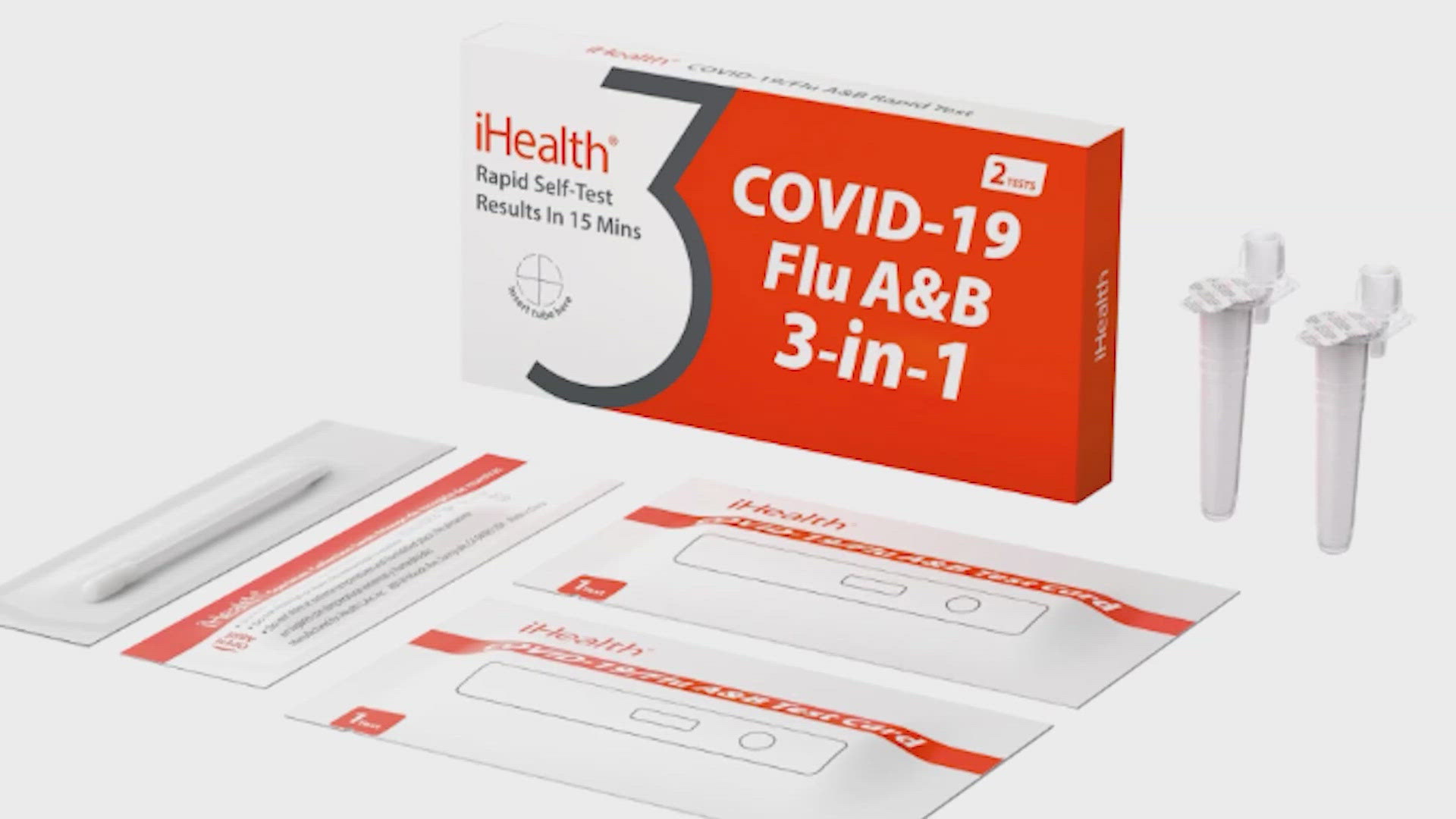Google collects all kinds of information about people from their Web searches.
Now, it's researching your health information too, as part of a project by their life sciences unit called Verily. They're trying to harness your data to understand disease and health problems.
Called Project Baseline, the new study is a collaboration between Verily, Sanford medicine and Duke University School of Medicine. It aims to enroll 10,000 Americans of diverse ages and backgrounds and observe them for at least four years to gain a deeper understanding of human health and what causes disease.
"We're looking for 10,000 pioneers, people interested in donating their information or their data toward understanding health problems. Right now, what we do is treat people when they come into the hospital with a problem; we want to prevent that," explained Dr. Adrian Hernandez, from Duke University.
Study participants will have their genomes sequenced, providing a map of their DNA. At least once a year they'll go to a study site to have tests like eye exams, chest x-rays and others.
But that's not all; they'll also tuck a sleep sensor under their mattresses, and wear Verily's new study watch capable of measuring heart rate and blood pressure as well as logging its wearer's location.
"The wearable gets us to a closer point where we do have continuous measurements," said Dr. Sam Gambhir, from Stanford University.
But it's not your typical wearable health device because the only information it tells the person wearing it is the time.
"One of the things we don't want is to create a lot of anxiety for any individual around returning results all the time when it's not so important to have results continuously. For you to always have a given measurement and always be looking at it that may, in fact, change your behavior," explained Dr. Gambhir.
Participants will have access to some of their data, but researchers say they shouldn't consider the visits a substitute for regular medical care.
The project is part of a broader move to gather information on huge numbers of people to better understand health and to develop better medicines and diagnostics.
"There are several examples over time of large population studies that help us with better information of disease," said Ross Muken, from Evercore ISI.
Work is going on at the government level as well. Former President Barack Obama started a precision medicine initiative back in 2015 that aims to gather information on a million Americans to provide greater insights into health. Similar work is going on around the globe.
"Ultimately the goal is we're going to try to understand what causes disease on a more individual level and then effectively be more preventative in how we live," said Muken.
The team behind Project Baseline says no other study has been as comprehensive in what it measures.
And on the all-important question of privacy, and security of the data? The researchers emphasize they won't share it with insurance or medical providers without consent, and say the information will be stored on a secure, encrypted database.
They do anticipate opening the collected data to qualified outside researchers after two years. They say it may be a few years before the first major insights come in, but that they expect the study to yield discoveries for years to come.


